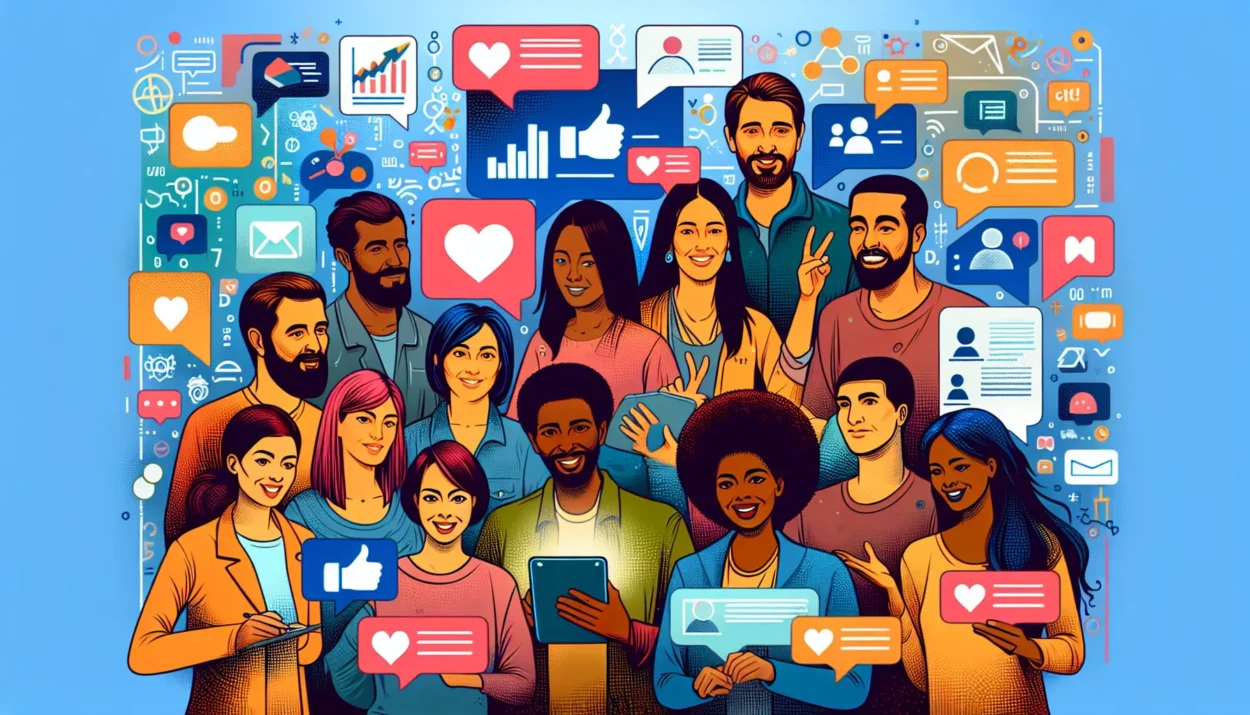A recent study by the Pew Research Center highlights a significant shift in how Americans, especially younger demographics, consume news, increasingly relying on “news influencers” on social media platforms. About 1 in 5 Americans regularly get their news this way, with a notable gender discrepancy among the influencers, who are predominantly male despite a female-majority audience on platforms like Facebook, Instagram, and TikTok.
- Demographic Preferences: Younger adults, particularly those under 30, are the most likely to turn to independent social media figures for news, reflecting a broader trend towards digital-first content consumption. Most (77%) have no affiliation or background with a news organization.
- Political Stratification: The landscape of social media is becoming increasingly politically stratified, potentially intensifying as misinformation spreads and users migrate from platforms like X, influenced by its association with prominent figures like Elon Musk.
- Impact of Misinformation: The ease of spreading misinformation through social media complicates the public’s ability to discern the originality and accuracy of the information they receive, contributing to a cycle of repeated misinformation.
- Gender and Political Bias Among Influencers: Although more women consume news on social media, about two-thirds of news influencers are men, with a significant number reporting a conservative political orientation, especially on platforms like Facebook and YouTube.
- Silos and Echo Chambers: The dynamic of social media naturally encourages the formation of echo chambers, where users predominantly interact with content that reinforces their existing beliefs, exacerbated by algorithms that feed similar content.
- News influencers are most likely to be found on the social media site X, where 85% have a presence. But many also are on other social media sites, such as Instagram (where 50% have an account) and YouTube (44%).
- Slightly more news influencers explicitly identify as Republican, conservative or pro-Donald Trump (27% of news influencers) than Democratic, liberal or pro-Kamala Harris (21%).
This study underscores the growing influence of social media as a primary news source and the complex challenges it poses in terms of political polarization, misinformation, and the representation of diverse voices within the digital news landscape.










